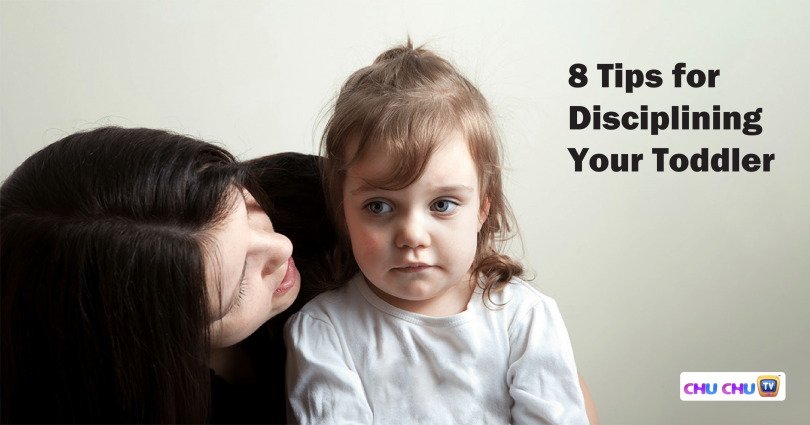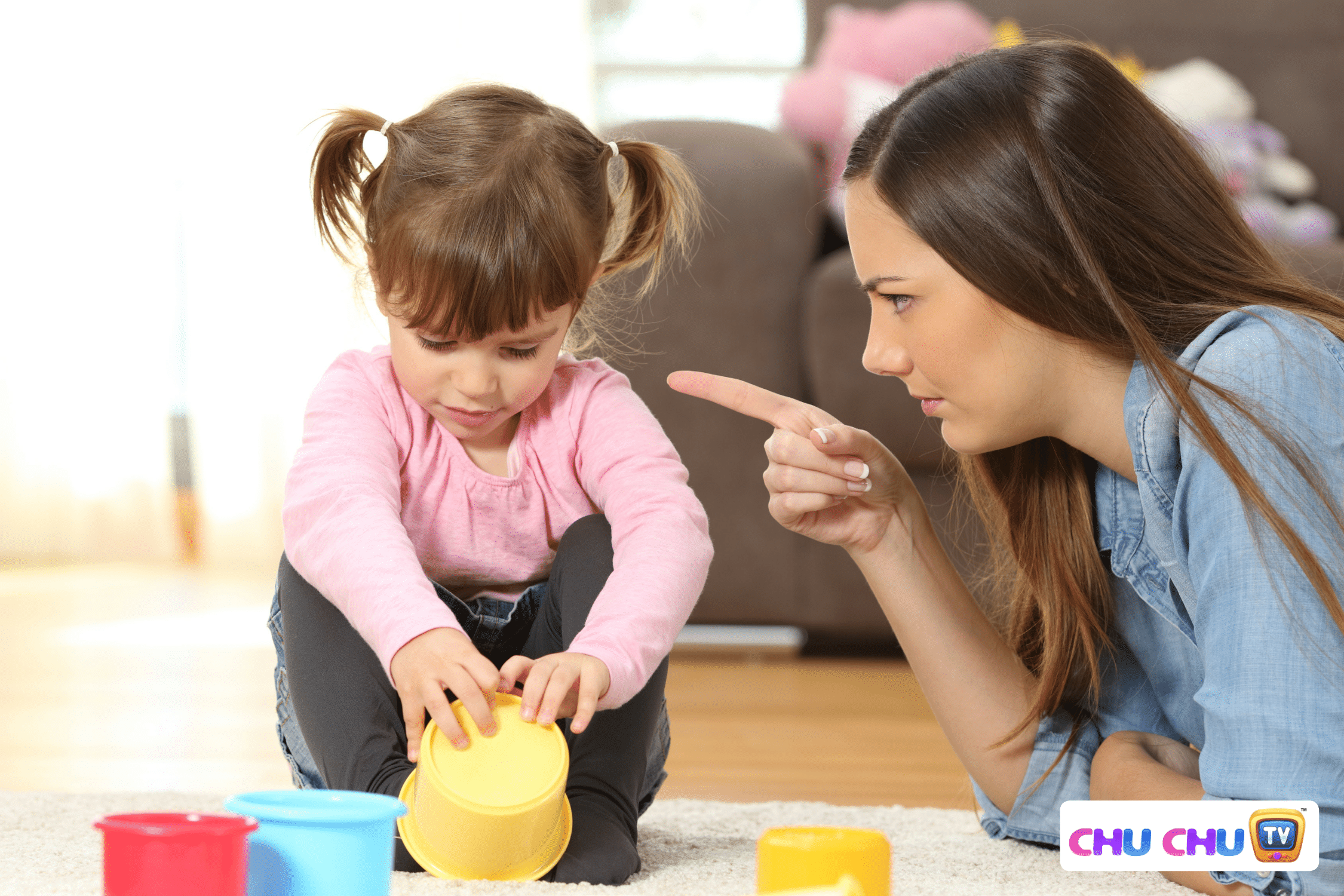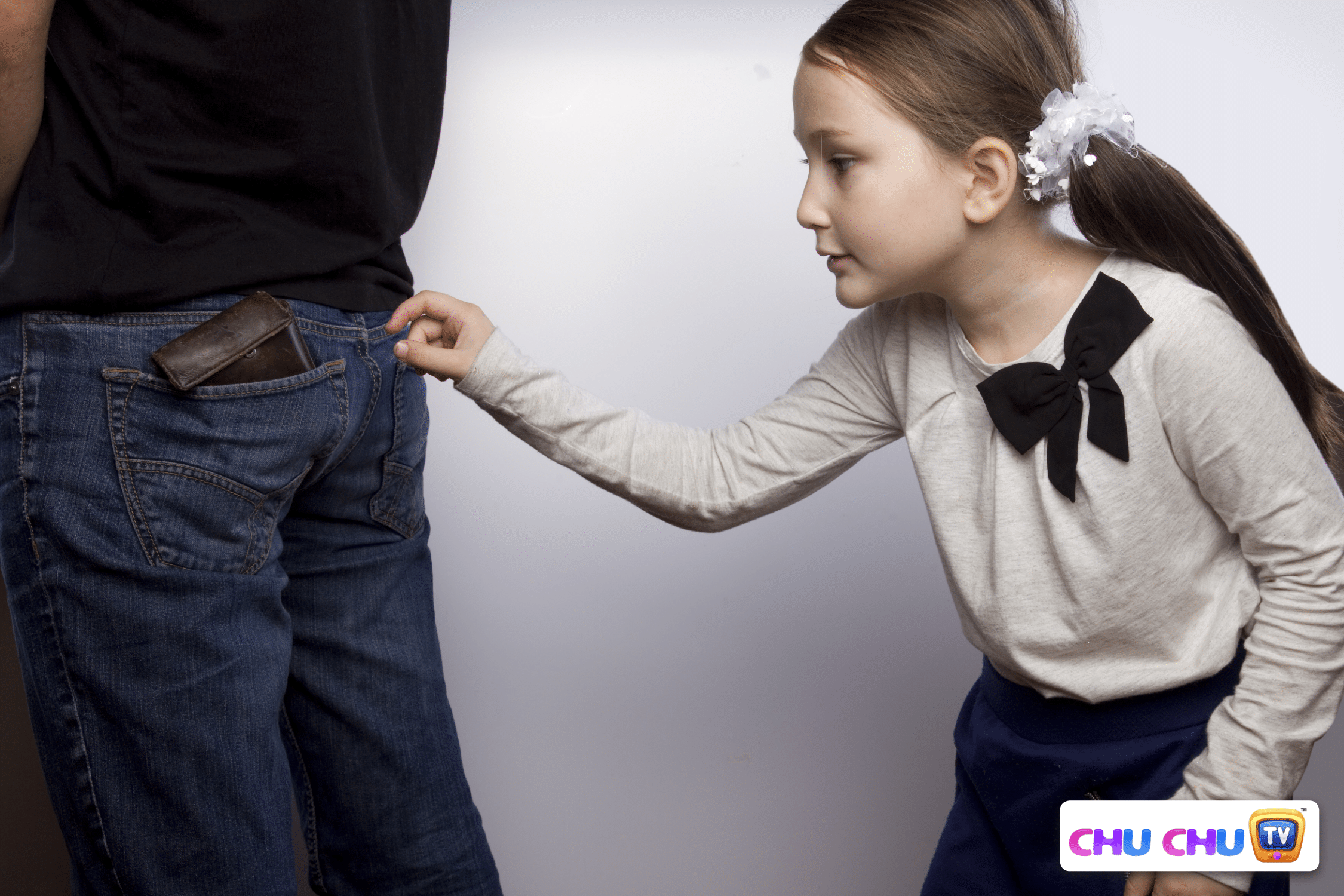Children are essentially bundles of raw energy and this energy can radiate in any direction when allowed to flow freely. Sometimes, the energy may radiate into areas that are considered inappropriate in the world we live in. It translates into situations where children misbehave, throw a tantrum, don’t listen to their parents, or do things that might harm them or others around them. You may think about punishing your child, but it can be counterproductive, as it is likely to act as a barrier in their learning process. The right approach is to do things that can help channelize your child’s energy in the right areas. It would enable them to utilize their energy to have meaningful interactions with the world and also to aid their growth and development.
Here are 8 tips for disciplining your toddler that you might find useful.
Understand the cause of indiscipline:
Whenever your child deviates from established norms, you need to try to find the reasons for such inappropriate behavior. It could be that they have been influenced by the behavior of some other kid or it could be something that they watched on television. Another reason could be the interactions that your child had with you as a baby. At that time, your child was loved and cared for every time they cried. This becomes a habit and it can continue in their later years. It could lead them to believe that crying or throwing a tantrum is perfectly normal for getting the things they need. Since it’s a habit, you will need to change it gradually. Be persuasive, rather than trying to be forceful.
Explain the consequences of their actions:
Your child may not be able to understand the social, financial or health-related implications of their undisciplined behavior. However, you can work smartly and explain it to them in a way they understand. For example, you can talk about their favorite comic book hero or cartoon character and tell your kid that they will not be happy with such behavior. You can also negotiate by talking about their favorite food or activity. You can tell your kid that they need to stop their bad behavior if they want to get their favorite food or indulge in their favorite activity.
Stop giving in to all their demands:
If your child has become undisciplined, it could be that you may have been fulfilling all of their demands. It’s often difficult for parents to see their child sad, so they try to fulfill all their demands. However, this can create behavioral issues including indiscipline. You need not say no to everything, but you can start by saying no to things that are not necessarily needed or not good for your child. For example, if your child has already eaten 3 cookies and is demanding more, just be strong and say no. Be firm, without appearing to be rude or uncaring.
Provide alternatives:
You can choose to provide alternatives instead of saying no to your kid. For example, if your child refuses to eat vegetables, you can provide alternatives such as vegetable cutlets or vegetable crispy. To make it healthy, you can use an oven rather than deep fry the vegetables. Similarly, you can try to provide alternatives in other situations as well. By using alternatives, you will be able to stop the undisciplined behavior of your child without being forceful and without any negative consequences.
Take preemptive action:
If you keep track of your child’s behavior, you would be able to tell when they are likely to display undisciplined behavior. For example, if you are at a grocery store and you know your kid has a strong liking for a particular type of candy, you can skip the section completely that houses the candy. Similarly, if your kid has a liking for toys and is likely to throw a tantrum for a new toy, you can skip the toys section completely. There can be many such situations where you can think ahead and avoid triggering an unacceptable behavior from your kid. This could be useful in public places where your child’s behavior may cause embarrassment for you and others.
Engage your kid in various activities:
You need to constantly engage your kid in various activities. It could be reading a book, playing some board games or having fun in the backyard. Indiscipline occurs when kids have plenty of time and nothing substantial to do. It relates to the phrase – “An idle mind is the devil’s workshop”. If the kid sits idle, you can never tell what they may be thinking or what they may be planning to do next. Physical activities have also shown to eliminate negativities and boost the feel-good factor, which will naturally reduce the possibility of indiscipline.
Keep reminding:
Children get easily distracted and they are most likely to forget what you may have taught them the last time. They are programmed to work this way and it would be wrong to blame them. However, you can still bring changes in their behavior by reminding them at regular intervals or whenever they repeat an inappropriate behavior. You also need to appreciate or thank them when they show signs of learning discipline. They will start to understand the difference between good and bad behavior and act accordingly in future.
Lead by example:
Kids learn a lot from their parents. If you want your kid to be disciplined, you need to practice it in your everyday life. This applies to other members of your family as well. Siblings, grandparents, and other family members could impact your kid’s behavior. You can call a meeting to discuss all the things that are okay and the ones that are not be done in front of your kid.
While trying to discipline their child, one of the most common mistakes parents make is to get angry or shout at their kids. Such behavior will only make matters worse and the child may develop aggressive tendencies or go into a shell. As a parent, you need to be patient and persuasive when trying to discipline your toddler. It will help you achieve the desired results without any negative impact on your child.


















Great i know what to do now thankyou chu chu tv !
We are glad that you found it helpful @Rosalyn Quitoy:)
Stay tuned to http://chuchutv.com/blog for more interesting updates.
Hmm, its not easy thank you chuchu tv
You are most welcome @Zuwairatu Abubakar- sedic 🙂
thanks a lot.it was great.
Thank you chu chu tv..